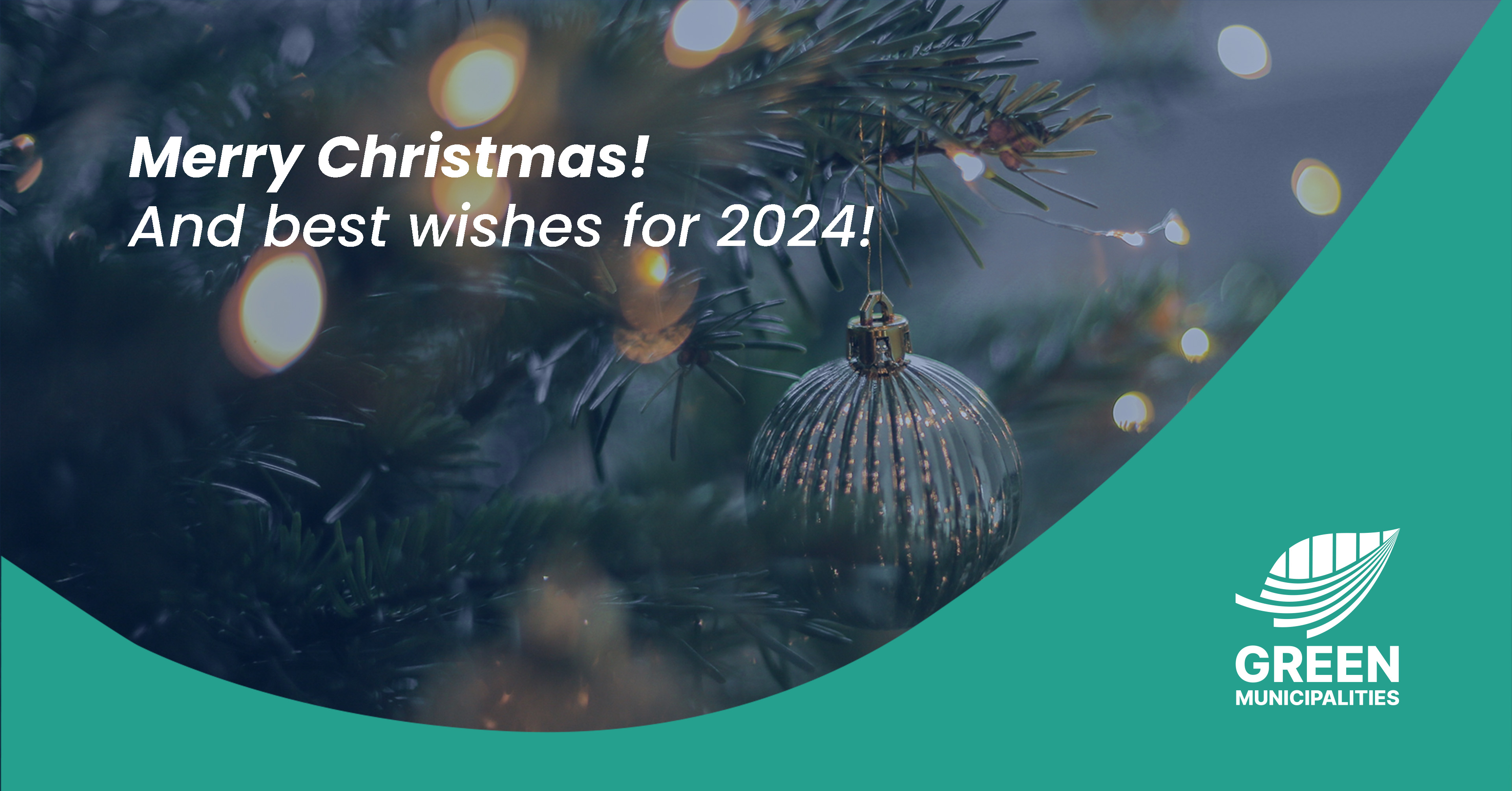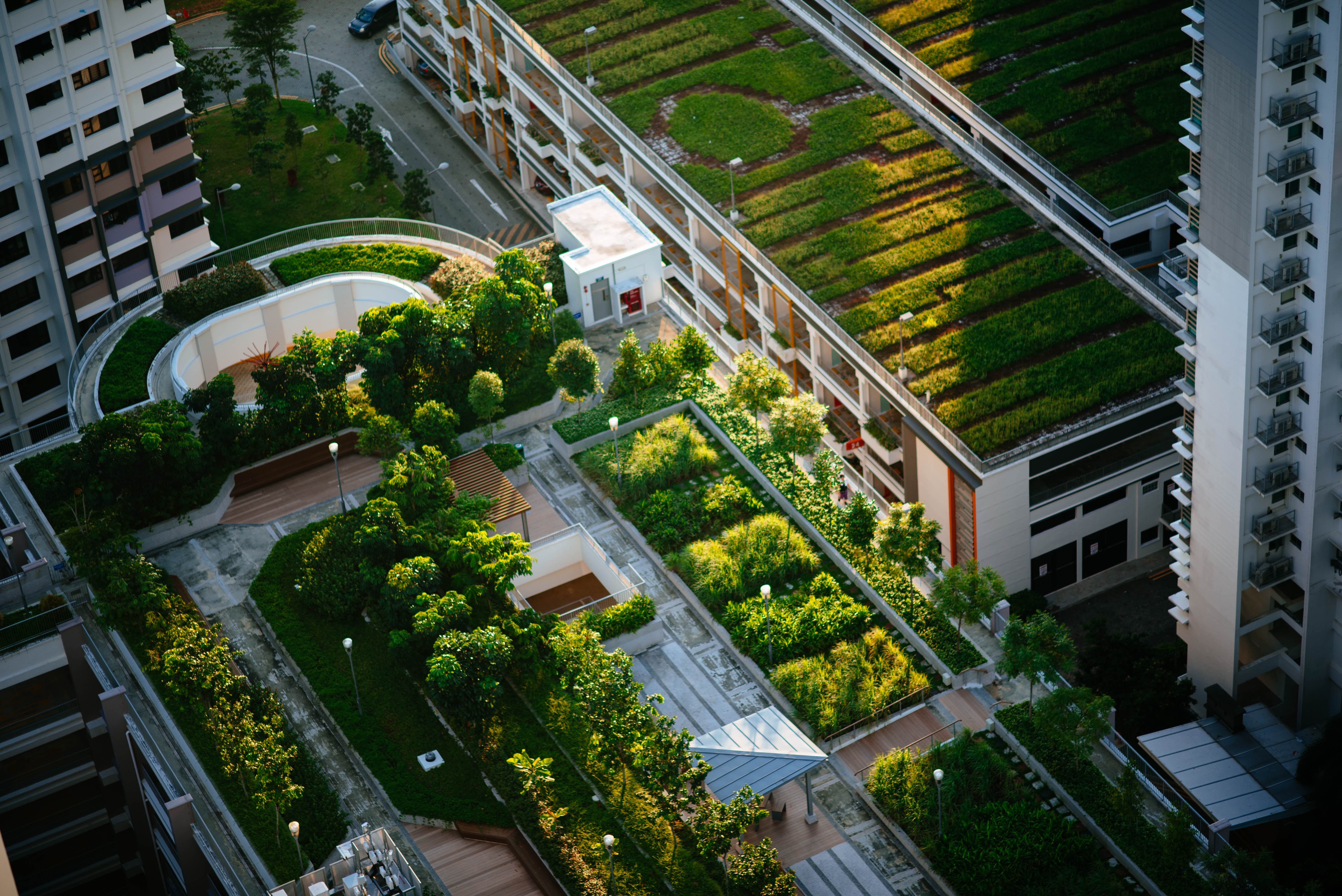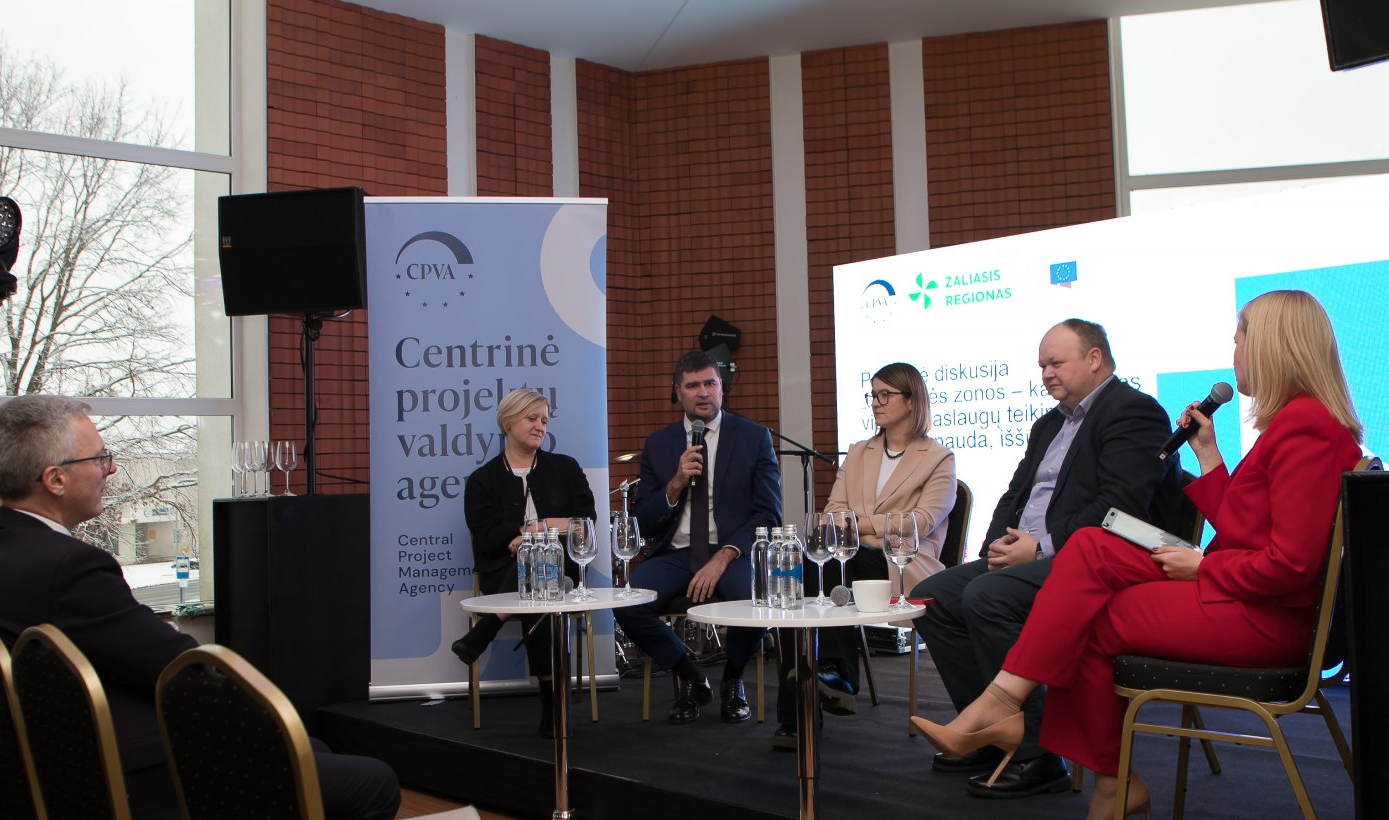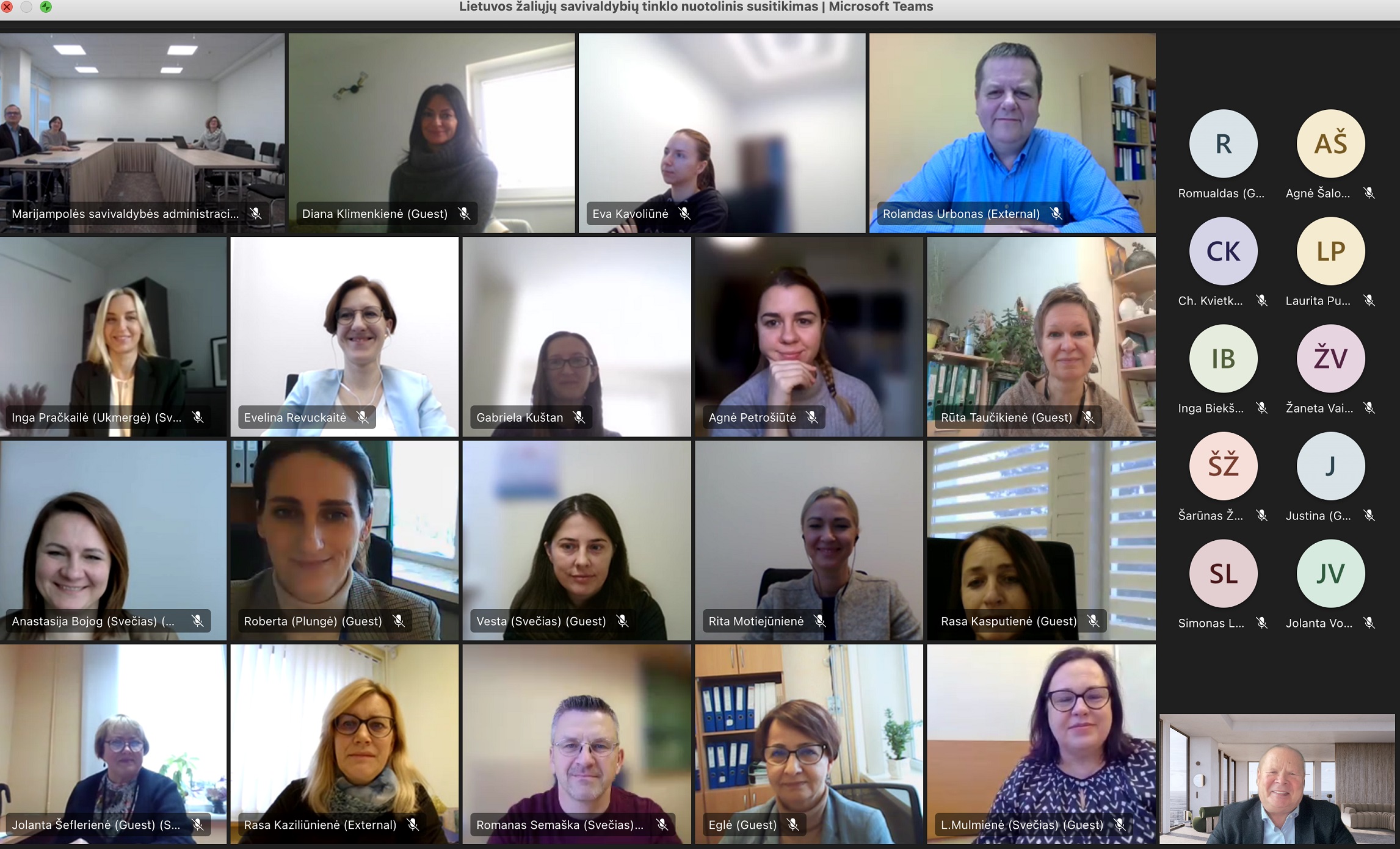As the European Union publishes new directives for recycling and the circular economy, Lithuania is trying to keep up and set ambitious goals. Studies show that we are above the EU average in some areas, but there is still room for improvement. Specialists from abroad come to find out the principle of operation of our deposit system, and government support programs encourage businesses to reduce the amount of waste and recycle as much as possible.
The possibilities of the circular economy in Lithuania – the broad goals of the European Union – to become a climate-neutral economy by 2050 and to decouple economic growth from the use of resources – make it possible to predict that the circular economy will more or less affect all economic activities and sectors. Based on this, long-term (until 2050) and short-term (until 2030) are formulated. The goals of the transformation of Lithuanian industry into a circular economy. The long-term objectives are closely correlated with the EU’s industrial transformation objectives: full circularity (use of secondary raw materials), competitiveness, and climate neutrality.
At the end of 2021, on the Ministry of Economy and Innovation initiative, a compass for the transition of Lithuanian industry to a circular economy was prepared. The Lithuanian Government’s programme aims to achieve a value of the circularity index not lower than the EU average. In 2021, our circularity rate was 4%, according to Eurostat (EU average: 11.7%).
In this area, even closer interinstitutional cooperation is needed, which can ensure more detailed monitoring and analysis of circular economy indicators at the Lithuanian level. This could include one-stop-shop services for businesses: advice on regulatory changes, financial support, promoting the development of circular and green technologies and related innovative business models, public information and international networking.
Changes in EU regulation that have already been adopted or are still planned in the coming years will contribute to the changes, including corporate sustainability reporting, ecodesign, waste, packaging and packaging waste and other directives.
In recent years, due to intense demographic changes, the population in many Lithuanian municipalities has been shrinking, the population is ageing, and it is increasingly difficult for municipalities to ensure the effective and high-quality provision of public services. Taking into account the need to jointly solve the challenges affecting the four municipalities, Jurbarkas, Pagėgiai, Šilalė districts and Tauragė district municipalities joined forces. It implemented the first functional zone initiative in Lithuania Tauragė+, the results of which were discussed at a conference organised by the Central Project Management Agency (CPVA) and the public institution “Žaliasis regionas”.
At the event in Jurbarkas, which brought together representatives of business and the public sector, it was presented how the municipalities of Tauragė region, to ensure more efficient access to public services that meet the needs of the population for citizens and attract investments after long discussions, prepared and approved a strategy for joint actions in municipal councils, thus forming a functional zone Tauragė+, based on cooperation and partnership.
The event focused on reviewing the experience of cooperation in Tauragė region, discussing the importance of partnership in finding more effective ways to provide public services and sharing the challenges that had to be faced in implementing joint actions of the functional zone.
As part of the strategy of joint actions of the functional zone, a unified public transport system covering the municipalities of Jurbarkas, Pagėgiai, Šilalė and Tauragė districts was created, which makes it possible to travel with one ticket for the same price in all municipalities of the region, an electronic ticket and route planning tools were installed. A joint institution implementing initiatives “Green Region” was established. Thanks to the efforts of all four municipalities, the public transport infrastructure was developed – bus stations in Jurbarkas and Pagėgiai were reconstructed, six electric buses were purchased, and bus routes and schedules were further improved to make communication in the region even more attractive and convenient for both its residents and guests.
On November 30, a remote meeting of the “Lithuanian Network of Green Municipalities” was held, where presentations on good practices in their municipalities were presented by Monika Kondratavičiūtė, Roberta Jakumienė and Inga Pračkailė, coordinators of Anykščiai, Plungė and Utena District Municipalities.
The nearest plans of the Lithuanian Green Municipalities Network were also discussed, Romualdas Petraitis, coordinator of the Lithuanian Network of Green Municipalities, told about the Smart City World Expo Forum, which took place on November 7-9 in Barcelona.
It is gratifying to announce that the “Network of Lithuanian Green Municipalities” is expanding and is developing ambitious plans for the future. Marijampolė municipality has recently joined the network, currently 24 municipalities are participating in the activities of Green Municipalities.




